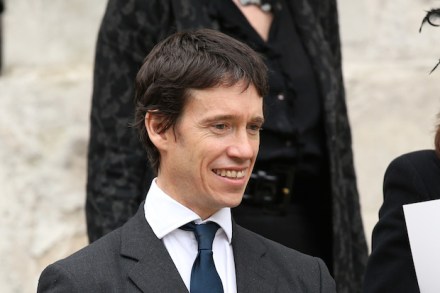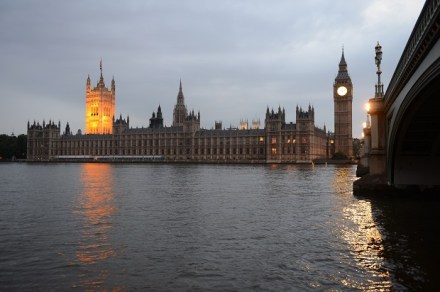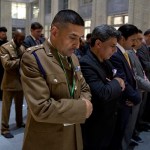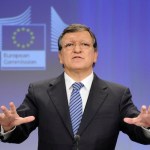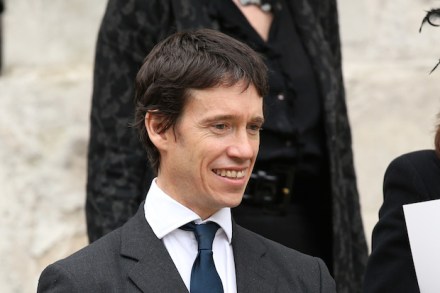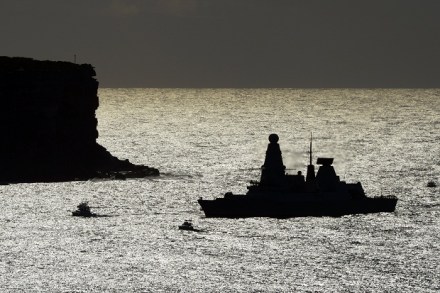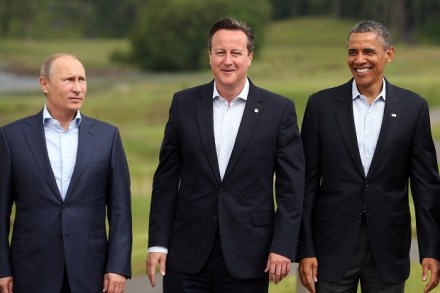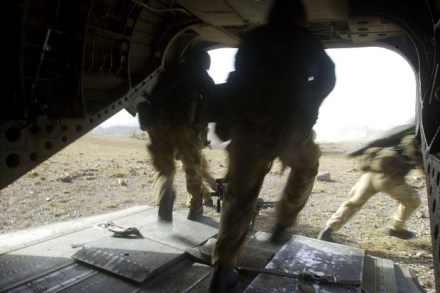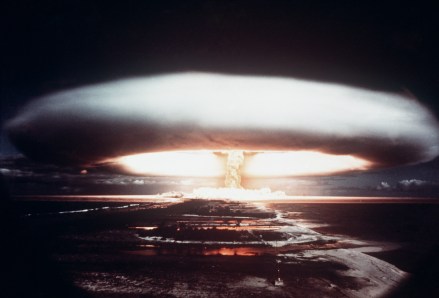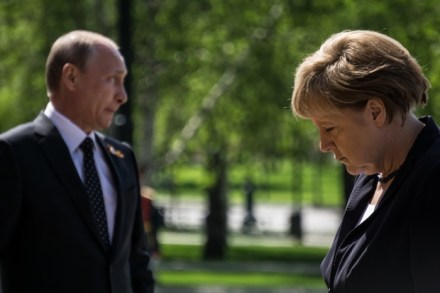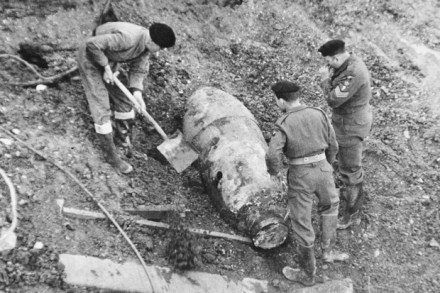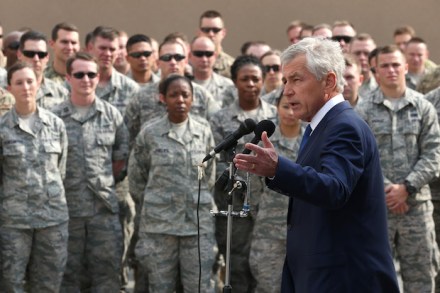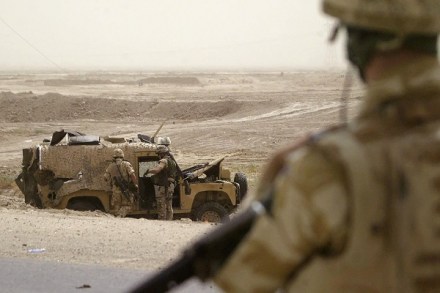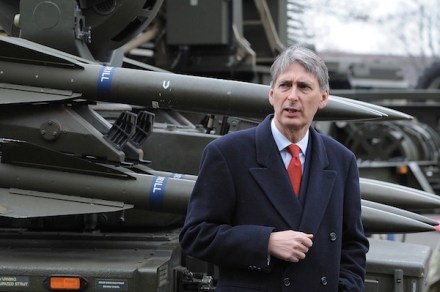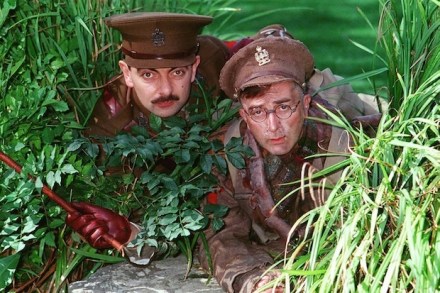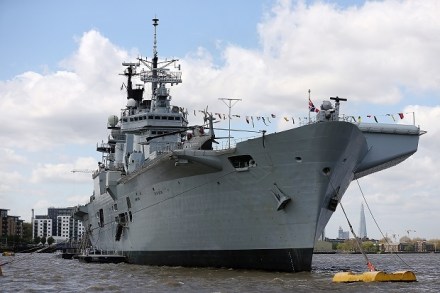Is NATO a busted flush?
Rory Stewart is no soft-touch. When he was elected chairman of the Defence Select Committee, it was thought that he would hold the government and NATO’s feet to the fire. And so it has come to pass. The committee has published an alarming report on NATO’s unpreparedness to meet a threat from Russia. It says, in terms, that the risk of Russia attacking a NATO member, either conventionally or asymmetrically, is ‘small’ but ‘significant’. NATO has inadequate rapid reaction forces, cyber defence and strategic plans to counter this risk. The report also makes a telling political point: the public might no longer support NATO’s defining principle that an attack on
